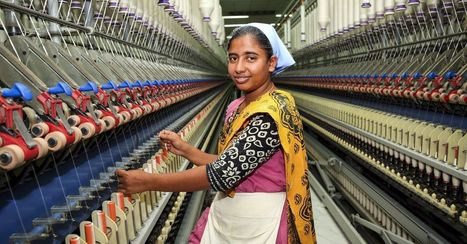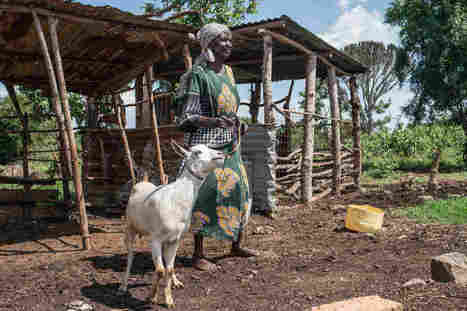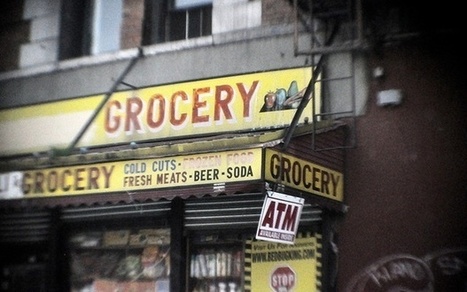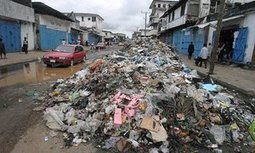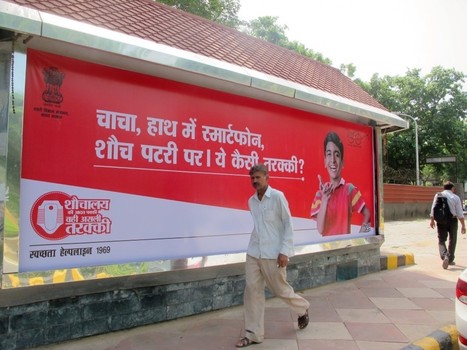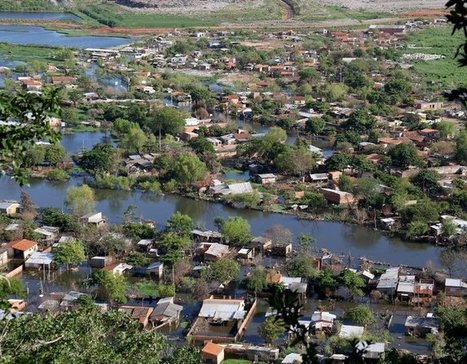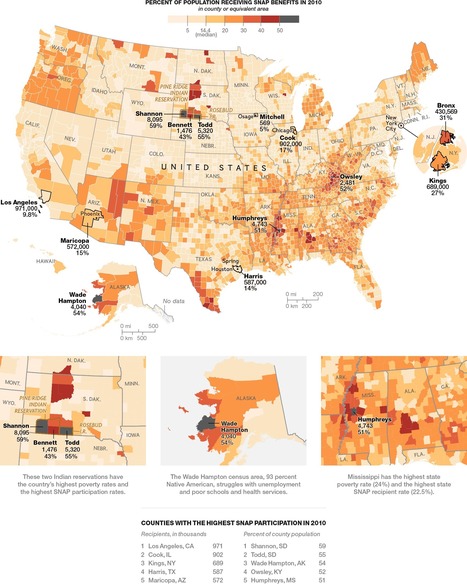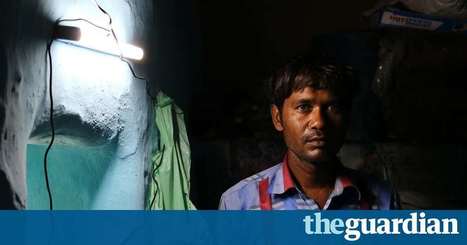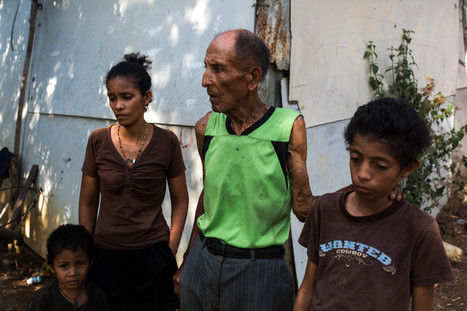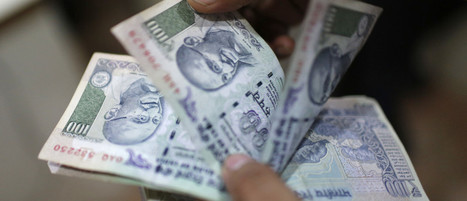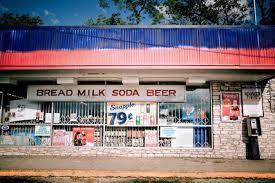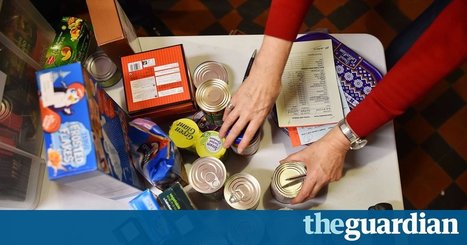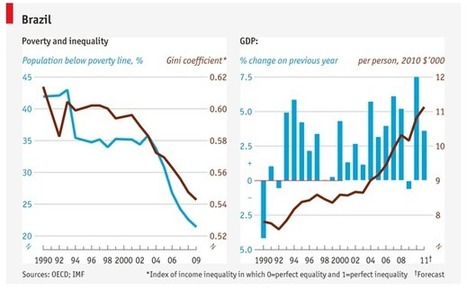"In the garment industry, stories about workers who barely eke out an existence on 'starvation wages' are legion: Factory workers in New Delhi often describe living in makeshift hovels 'barely fit for animals.' A young woman from Myanmar might wrestle with the decision to feed her children or send them to school. In Bangladesh, sewing-machine operators frequently toil for 100 hours or more a week, only to run out of money before the end of the month. Workers have demanded higher pay in all those countries, of course, sometimes precipitating violence between protesters and police. Companies in general, however, have preferred to sidestep the issue altogether. In fact, no multinational brand or retailer currently claims to pay its garment workers a wage they can subsist on."
Via FCHSAPGEO



 Your new post is loading...
Your new post is loading...

